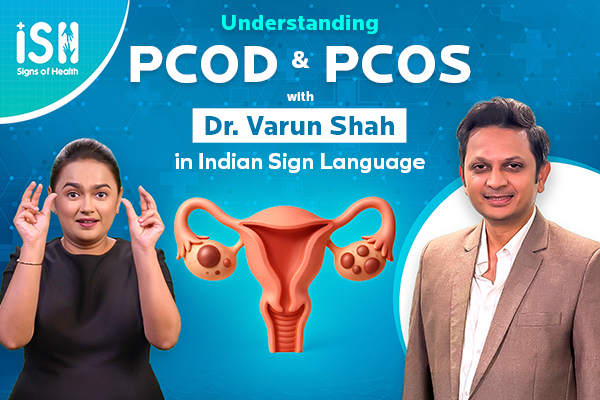Ancient Ear Piercing: Hidden Benefits Revealed
Getting ears pierced may be a style statement today but this ancient Indian tradition has benefits and scientific reasoning behind it. Watch this video to learn how it benefits.
In many Hindu communities, ear piercing is more than just a fashion statement; it is a ritual with deep cultural and health-related significance. According to some Hindu shastras (scriptures), both boys and girls should get their ears pierced between the ages of 7 and 10. In fact, many Hindu families celebrate this event with special ceremonies, making it a joyous occasion for everyone involved.
But why is ear piercing so important in Hindu tradition? Indian physicians and philosophers have long believed that our ears are connected to various important nerves. By piercing the ears, stable pressure is applied to these nerves, which can bring several health benefits.
One of the key benefits is intellectual development. It is said that pierced ears can help improve focus and concentration, which is particularly important for children as they grow and learn. Additionally, ear piercing is believed to enhance digestion, regulate menstrual cycles in females, and even speed up the healing process in the body.
The benefits don't stop there. Many people also believe that pierced ears can reduce stress and anxiety, relieve migraines, and improve sleep by reducing insomnia. All of these health advantages are thought to come from the gentle pressure that earrings apply to specific points in the ear, which are connected to various parts of the body.
In conclusion, ear piercing in Hindu tradition is not just about following a ritual. It is a practice rooted in ancient wisdom, with many believed health benefits that can contribute to overall well-being. For many Hindu families, this practice continues to be an important part of their cultural heritage.







